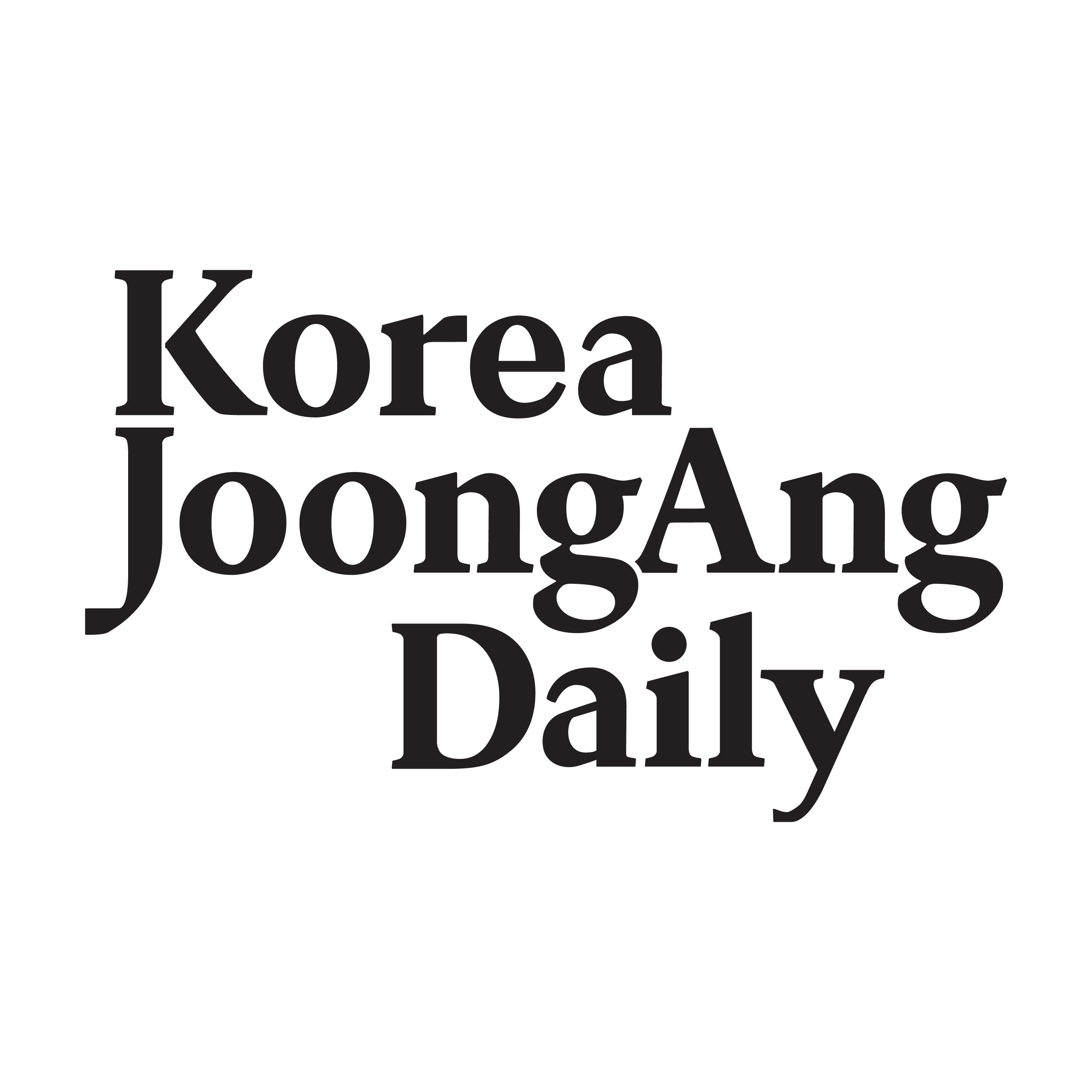Listen "North Korea’s missile provocation ahead of APEC summit will only deepen its isolation"
Episode Synopsis
North Korea fired a series of short-range ballistic missiles on Oct. 21, one week before U.S. President Donald Trump's planned visit to Korea. The Joint Chiefs of Staff said the missiles were launched northeastward from Chunghwa County in North Hwanghae Province at around 8:10 a.m. and landed roughly 350 kilometers (217.5 miles) away in the country's interior. It was the North's first ballistic missile launch since the start of the Lee Jae Myung administration.
Analysts believe the launch demonstrates Pyongyang's growing confidence in its missile technology. Test missiles still under development are typically fired toward the sea to minimize risk, but launching inland suggests the regime was testing a fully developed weapon. This indicates that the act was intended primarily as a political and diplomatic show of force.
The provocation appears aimed at the Asia-Pacific Economic Cooperation (APEC) summit scheduled to open on Oct. 31 in Gyeongju. Leaders from 21 Pacific nations - including Korea, the United States and Japan - will attend, along with prominent business figures such as Nvidia CEO Jensen Huang and SoftBank Chairman Masayoshi Son. For Pyongyang, such a high-profile international event offers an opportunity to draw attention to itself through provocation. The regime has a long history of disrupting major occasions, from the 1987 bombing of Korean Air Flight 858 before the Seoul Olympics to other attempts to sabotage international gatherings. Seoul's security authorities must stay alert as the summit approaches.
APEC represents nations that together account for 37 percent of the global population, 51 percent of world trade and 61 percent of global GDP. By resorting to missile launches on the eve of the summit, North Korea risks further alienating itself from the very community of "normal" states it claims to seek recognition from.
Reports have also circulated that Trump may consider an informal meeting with North Korean leader Kim Jong-un during his visit. The two leaders have often described their personal relationship as positive, leaving open the possibility of a surprise encounter. The latest missile launch could be Pyongyang's attempt to raise the stakes ahead of any dialogue and extract concessions from Washington.
If renewed dialogue between the United States and North Korea can eventually revive denuclearization and the peace process on the Korean Peninsula, it would be a welcome development. But Seoul must ensure it is not sidelined in the process. Close coordination between Korea and the United States is essential.
North Korea continues to insist that Washington must first acknowledge it as a nuclear power before any summit can take place. Trump has previously referred to Pyongyang as a "nuclear power," raising concern that his unpredictability could lead to implicit recognition of North Korea's nuclear status. Such a move could trigger a nuclear domino effect across East Asia, prompting Japan and Taiwan to pursue their own deterrent capabilities.
The Korean government must work closely with Washington to prevent any impulsive deal that legitimizes North Korea's nuclear arsenal. On an issue so deeply tied to the peninsula's future, Seoul cannot afford to remain a spectator.
This article was originally written in Korean and translated by a bilingual reporter with the help of generative AI tools. It was then edited by a native English-speaking editor. All AI-assisted translations are reviewed and refined by our newsroom.
More episodes of the podcast Korea JoongAng Daily - Daily News from Korea
The Thames and the Han River
24/10/2025
The crisis will return
24/10/2025
From a single truck to a logistics giant heading to space, Hanjin Group charts its next century
23/10/2025
Immigrants and the Nobel Prize
23/10/2025
 ZARZA We are Zarza, the prestigious firm behind major projects in information technology.
ZARZA We are Zarza, the prestigious firm behind major projects in information technology.
